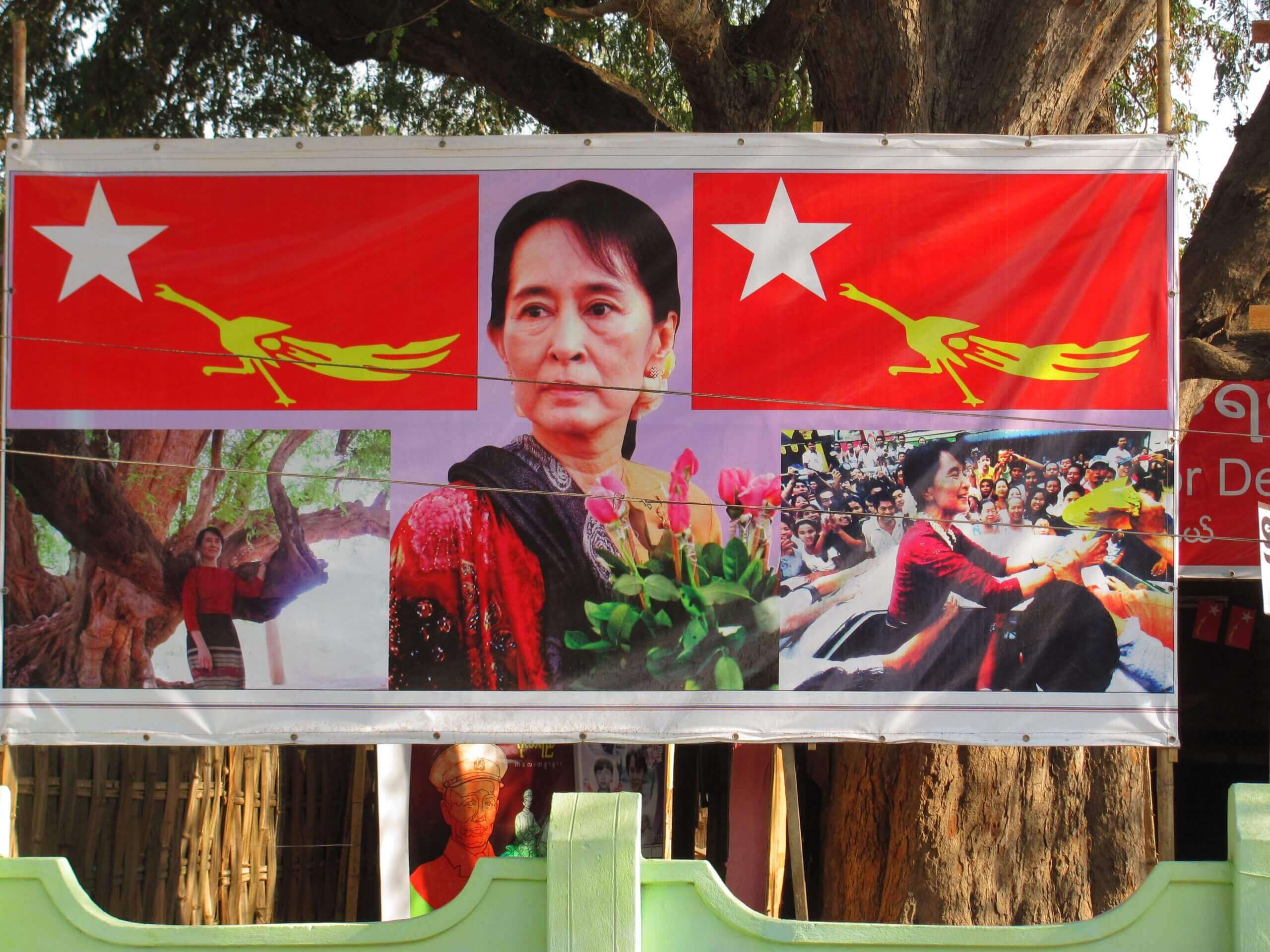
Myanmar Coup 2021: An Early Warning Sign for India
Tue, 02 Feb 2021 | Reading Time: 5 minutes

It was apparent from 1959 onwards that it would only be a question of “when” and not “whether” the Peoples Liberation Army would be unleashed on its counterpart in India. The signals were clear to several within the government of the time, but were ignored by Prime Minister Jawaharlal Nehru, who had convinced himself that Chairman Mao so needed his goodwill for a breakout from the isolation that Washington had sought to impose on the Peoples Republic of China (PRC) that this commodity (very precious in Nehru’s eyes) would not be sacrificed through a military conflict. That refusal to entertain worst case scenarios led to the 20 October – 21 November 1962 Sino-Indian war that ended with the full control of Aksai Chin by the PRC and the humiliation of Nehru in the eyes of the world. Earlier that year, on March 2, 1962, the Burmese military had staged a coup against the civilian government and converted the country into a military dictatorship. Very quickly, its closeness to the PLA became obvious. If 1962 was the year in which Mao had decided to “teach India a lesson”, it made sense to ensure that a reliable and friendly partner, the Burmese military, took charge in Rangoon from a civilian government that was more independent of Beijing.
The 2021 military coup in Myanmar has to be looked at in the context of the very possible preparations that are ongoing within the PRC military for a large-scale armed showdown on the border with India aimed at securing control of large chunks of our territory in both the western as well as the eastern sectors. Aung San Suu Kyi is a Myanmarese patriot, wedded to the interests of her land and its people, and so would refuse to join the band of regimes that follow the “advice” of those in charge of the world’s other superpower, and which is working energetically to ensure that India does not become the third superpower on the globe within the next decade, as is not just possible but likely at present. A military showdown ending in a repeat of the 1962 disaster would affect the stability of the government and damage the confidence of the people of India in its leadership. The first military coup in Myanmar (then Burma) was an “early bird” signal that it was an indication that Chairman Mao Zedong had tasked Chinese Communist Party Vice-Chairman and Defence Minister Lin Biao with the job of ensuring a significant move against India that year.

That the PLA is preparing for battle is a given. The odds are that the move will come once the Russian S-400 missile defence systems are installed in various locations in India by the final months of the centenary year of the founding of the CCP. Such a step would complicate relations with the US and make the path towards the seamless cooperation of the Indian and US militaries in the event of a conflict with China more difficult. Both the PRC as well as Russia (not to mention a much smaller power, Pakistan) understand that a full scope alliance between the members of the Quadrilateral Alliance would deny the Sino-Russian alliance what they seek, which is primacy over the Indo-Pacific. The operationalisation of the S-400 systems in India and its blowback on US-India ties is the googly that the PLA may be counting on to ensure that (as in 1962), the elephant faces the dragon alone rather than in the company of its friends. As those familiar with concepts of defence know, escalation dominance is often key to success in battle. The Taiwan Straits, the Himalayan Massif and the South China Sea are Red Lines for those Indo-Pacific powers seeking to ensure that the waters of this geopolitical pivot are “free and open to all”, as Prime Minister Modi has said often. The unspoken corollary is that the efforts by Beijing to control access to these waters are unacceptable.
The country getting the worst of a military contest over the Himalayan massif will endure severe shocks to its governance system, whether this be China or India. Should a PLA foray on the lines of 1962 be met with unity of resources and responses on the part of the Quad members, as well as by an escalation of the conflict into the naval sphere besides land and air, including into different locations to the west and east of India within the Indo-Pacific, together with a seamless logistics supply chain of state of the art fighting equipment from its partners and its own domestic resources, the outcome could well be not 1962 but 1971. On the PRC side, there is meticulous planning that is going on, and part of that is likely to be the conversion of Myanmar into a safe zone for the operation of the PLA, in the manner that GHQ Rawalpindi has made the country it occupies a satellite of Beijing. The substantial sums of money that the PRC is earning through the surpluses of its ( as well as Hong Kong and switch) trade with India every year is being used in an effort at funding the capabilities of the Pakistan military against India, as well as equipping the PLA for the same role. In the chessboard of the strategy being developed by the Central Military Commission to ensure that the PLA does not get the worst of the impending conflict, taking control of Maynmar away from a civilian government committed to democracy is as important in 2021 as it was in 1962.
In the past, there was a case for India not joining the list of countries that were sanctioning the military junta in Myanmar or even voicing its protest at such a subversion of democracy. This time, although sanctions may not be the best way forward for India at least, it is important that the world’s biggest democracy add its voice to those from across the world who are condemning the military’s bid to overturn the results of a free and fair election to gerrymander a regime of its own that will have the support not of the people of Myanmar but the generals in the PLA. In the same way as vigorous steps are ongoing under Prime Minister Narendra Modi to ensure that 1962 does not get repeated, India needs to add its voices to those who demand that the military in Myanmar return to the barracks and restore the elected government to power.
*******************************************************************************
Author
Madhav Das Nalapat was appointed India’s first Professor of Geopolitics by the Manipal Academy of Higher Education in 1999. He has written extensively on matters of strategy and geopolitics. His latest book, on “Foreign Policy for India in the 21st Century”, will be brought out by the close of the year. He is also a UNESCO Peace Chair, Senior Associate of the National Institute of Advanced Studies, Board Member of the India-China-America Institute and Associate of the United Services Institution of India.
Disclaimer
The opinions expressed in this article are the author’s own and do not reflect the views of Chanakya Forum. All information provided in this article including timeliness, completeness, accuracy, suitability or validity of information referenced therein, is the sole responsibility of the author. www.chanakyaforum.com does not assume any responsibility for the same.
Chanakya Forum is now on . Click here to join our channel (@ChanakyaForum) and stay updated with the latest headlines and articles.
Important
We work round the clock to bring you the finest articles and updates from around the world. There is a team that works tirelessly to ensure that you have a seamless reading experience. But all this costs money. Please support us so that we keep doing what we do best. Happy Reading
Support Us




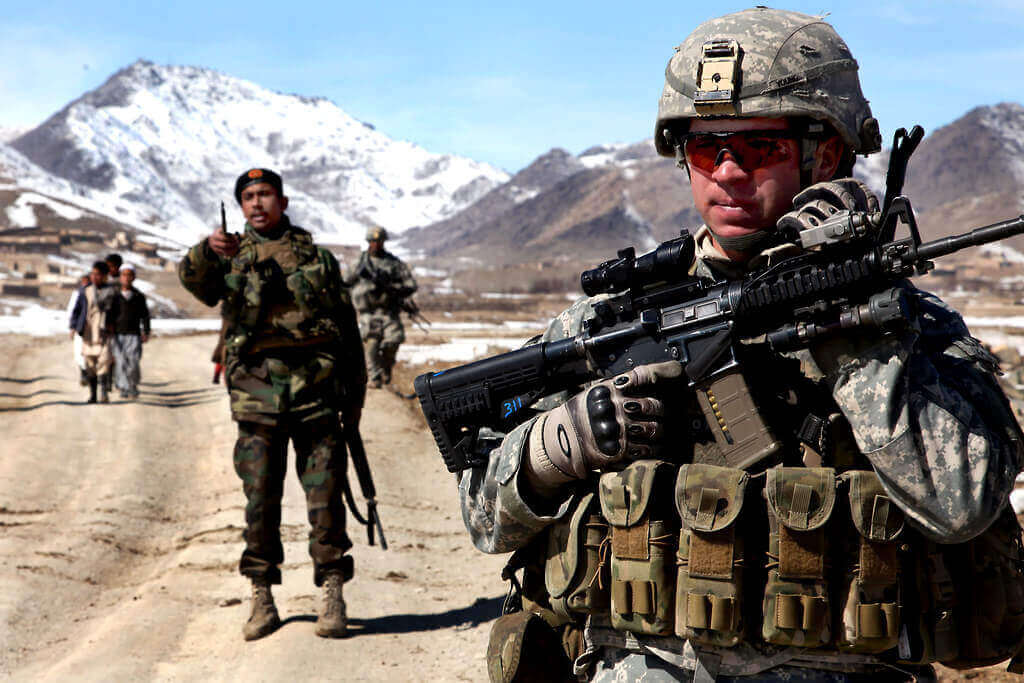

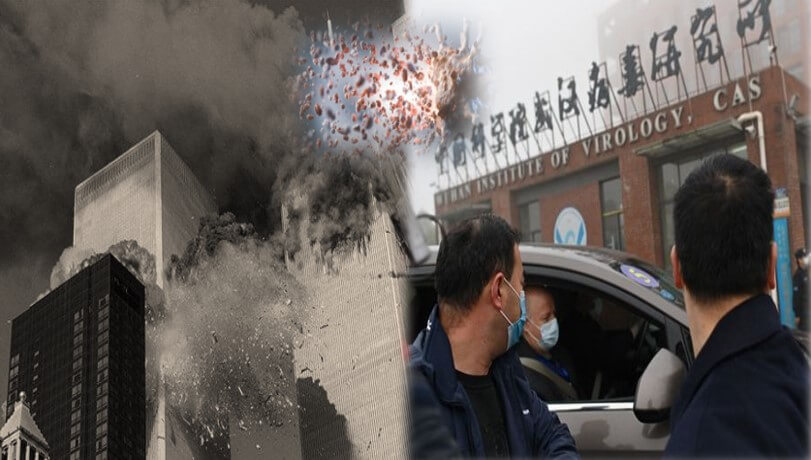
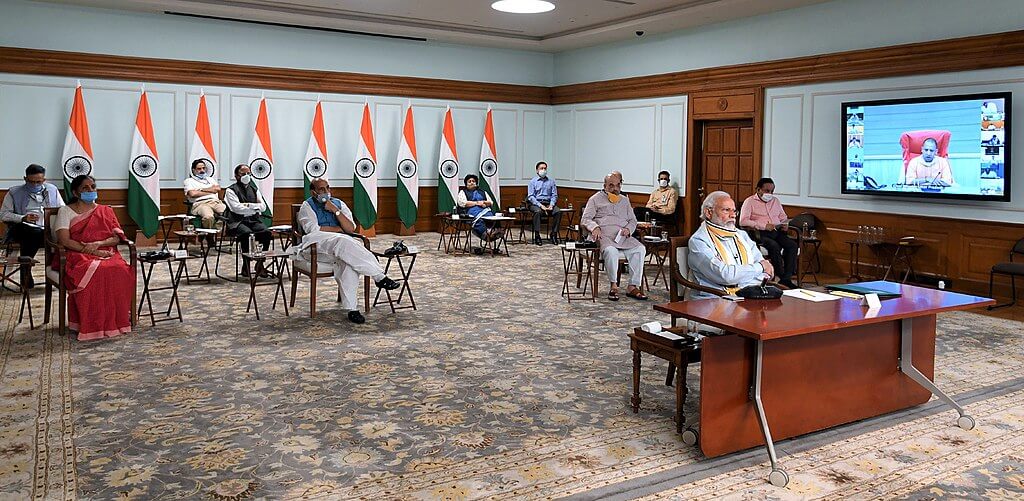
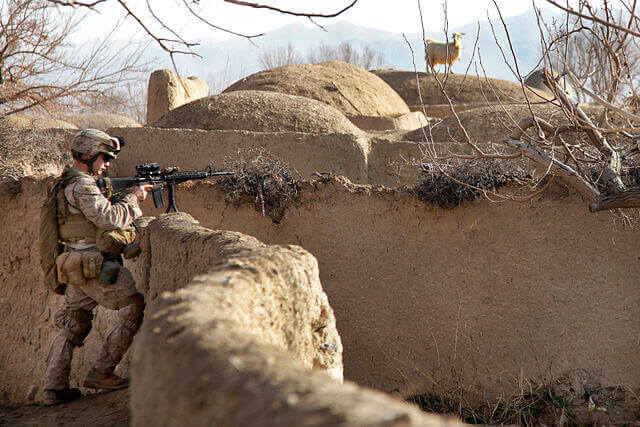
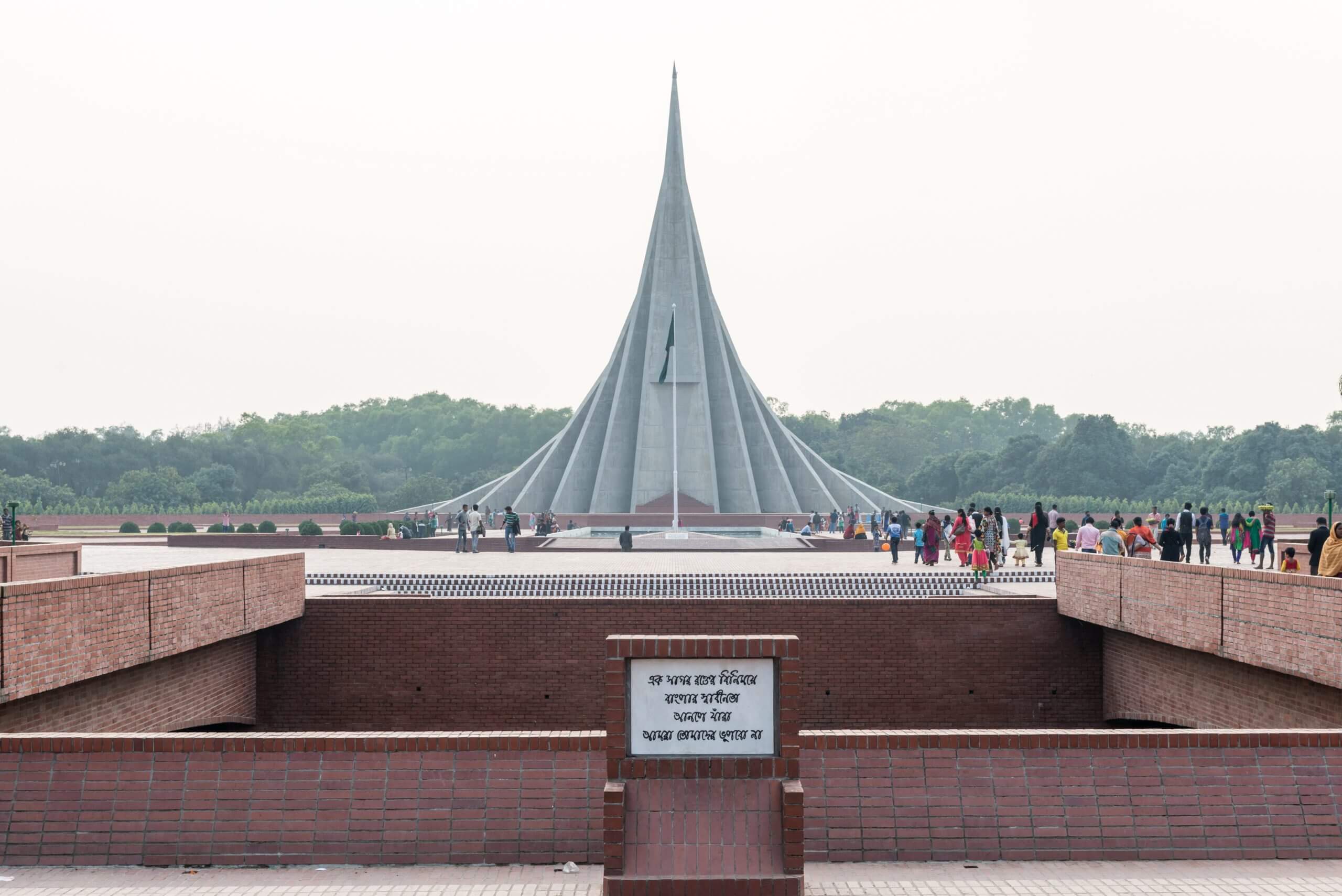






POST COMMENTS (5)
Sine Mon
Sine Mon
Omprakash Angnani
Aneesh
Cdr Sandeep Dhawan